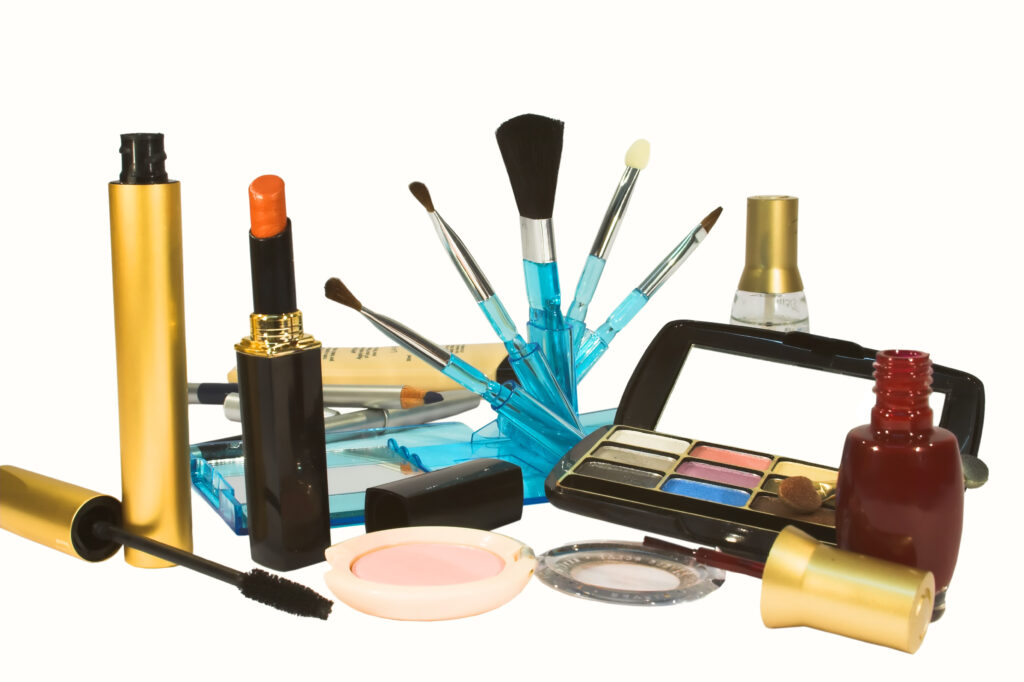Tiah Tomlin-Harris was 38 when she was diagnosed with breast cancer, despite not having any family history of the disease. After doing some research, she found that her lifestyle choices may have played a role.
The pharmaceutical professional who studied chemistry decided she would ask a healthcare professional for advice on how she could prevent the cancer from getting worse. She was informed that lifestyle changes “don’t work” and there was “nothing she could do.”
After further investigation, she joined Bench to Community, an initiative aimed at providing educational tools and resources to Black women about the harmful effects of chemicals in beauty products. Bench to Community’s mission is to develop policy interventions that lessen exposure to toxins from personal care products and place attention to the perceived breast cancer risk for Black people. Specifically, Bench to Community notes that parabens and phthalates – preservatives found in beauty, hair, shaving and makeup products – may be linked to cancer.
“There are beauty supply stores everywhere in our community, on every corner,” Tomlin-Harris told Insider in an interview. “Beauty supply stores have harmful chemicals in them. So how do we get this messaging out into the community?”

Tomlin-Harris is currently working with Bench to Community to find answers. Through research, they are dedicated to provide knowledge about how beauty products disproportionally affect Black women. They plan to release findings of their study as soon as it becomes available.
Research reveals Black women spend more money on hair and beauty products, and those products advertised to them are more likely to contain parabens and phthalates. Moreover, Black women are more likely to use chemical-based products on their hair due to discrimination they may face in the workplace when they wear their hair naturally, according to Dede Teteh, a behavioral scientist and assistant professor of public health at Chapman University. This acknowledgment, some critics say, raises the broader issue of systemic and deep-rooted psychological issues Black women may face when it comes to the definition of the “standard of beauty.”
“If the message that I can get across to other Black women that are reading this article, it would simply just be: ‘I get it. I know you’re tired,'” Teteh told Insider. “It’s shitty that we have to live in a society that does not protect us.” She added, “But at the same time, if we continue to show up as ourselves and we are comfortable in our skin, I think that’s good enough.”
To learn more about Bench to Community’s efforts, visit here.
